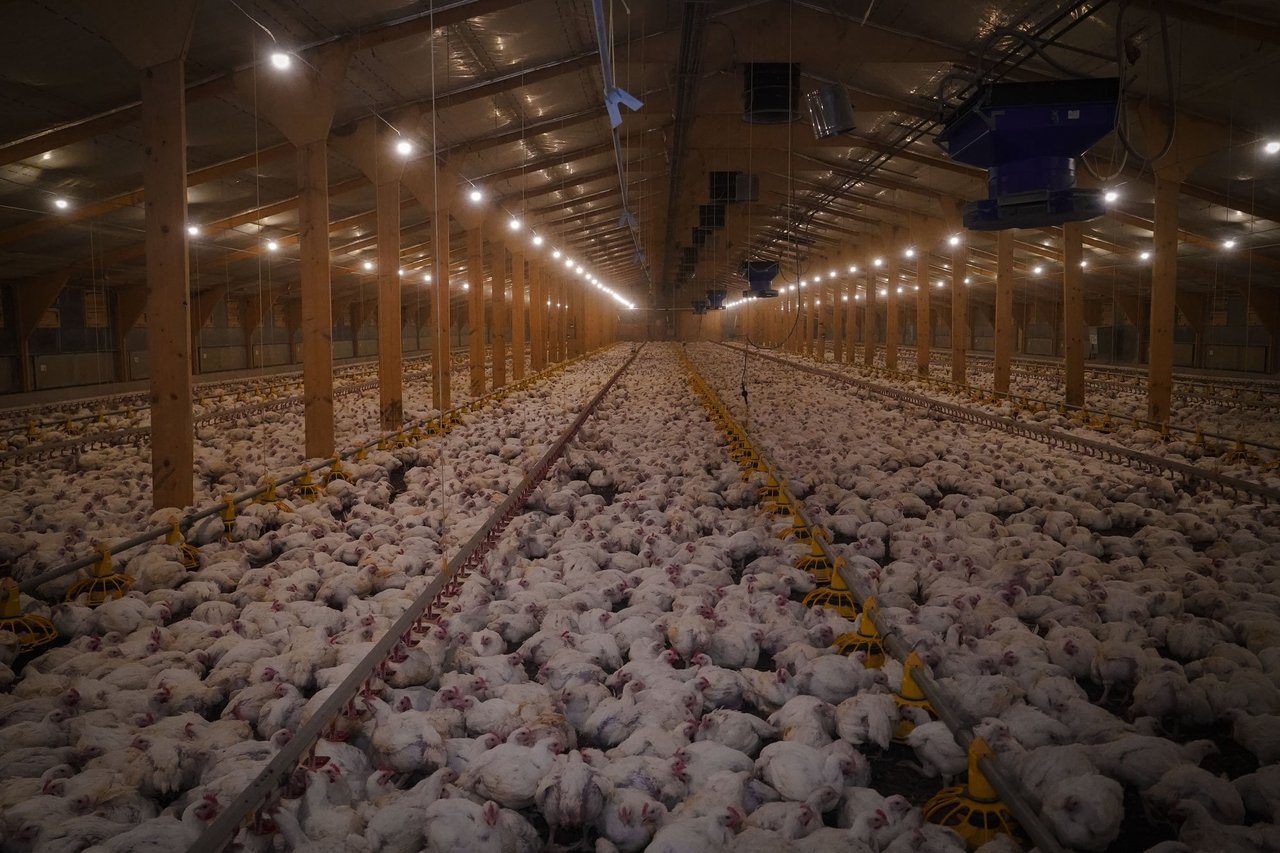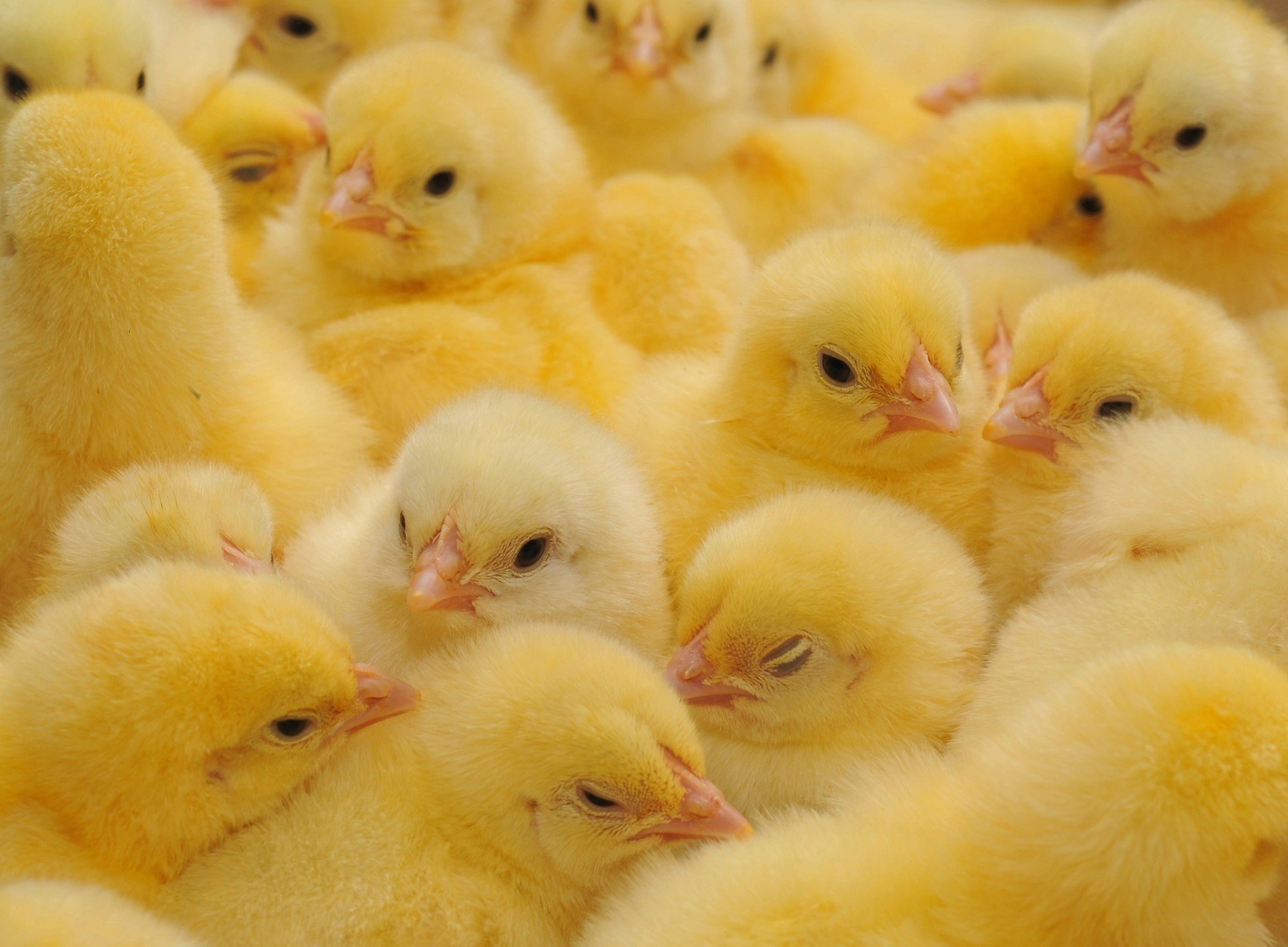
No Future For Factory Farming
Every year, factory farming condemns billions of animals to lives of cruelty and suffering for fast profit. Trapped in cages, mutilated and squashed together, pumped full of antibiotics to stay alive.
The argument in favour of factory farming has always been that it is an economical approach to feeding the planet’s growing population. At World Animal Protection, we contend that this argument holds up only when the true costs of factory farming are hidden from the public. When we factor in the suffering experienced by animals; the loss of habitat diversity and environmental damage caused by feed production; the growing threat of antibiotic resistance caused by antibiotic overuse; and the increase in global health crises posed by zoonotic diseases like COVID-19, there can be no doubt that the harms of factory farming far outweigh the benefits.

Factory farms are discharging antibiotic resistant genes – the building blocks for antimicrobial resistance – into public waterways and the wider environment.
OUR RESEARCH STRONGLY SUGGESTS
Our Objectives
With your generous support, we:
- Build public opposition to factory farms by exposing the damage and abuse they inflict on animals, people, and the planet.
- Investigate and report on excessive antibiotic use on factory farms and the increased risks of antibiotic resistance; work with governments and corporations to end this irresponsible practice—specifically as it relates to aiding fast growth or preventing disease in groups of animals—and improve animal welfare on farms.
- Expose the links between industrial animal feed production and wide-scale habitat destruction and biodiversity loss, including framing factory farming as a ‘climate culprit' so that action can be taken to challenge it on climate grounds.
- Commissioning global research quantifying the economic cost of factory farming related to public health problems.
- Influence corporations to take greater action to improve farming conditions. We demonstrate to companies the benefits of meeting consumers’ expectations around the availability of high welfare and plant-based food products and in some markets a willingness to pay more for them.